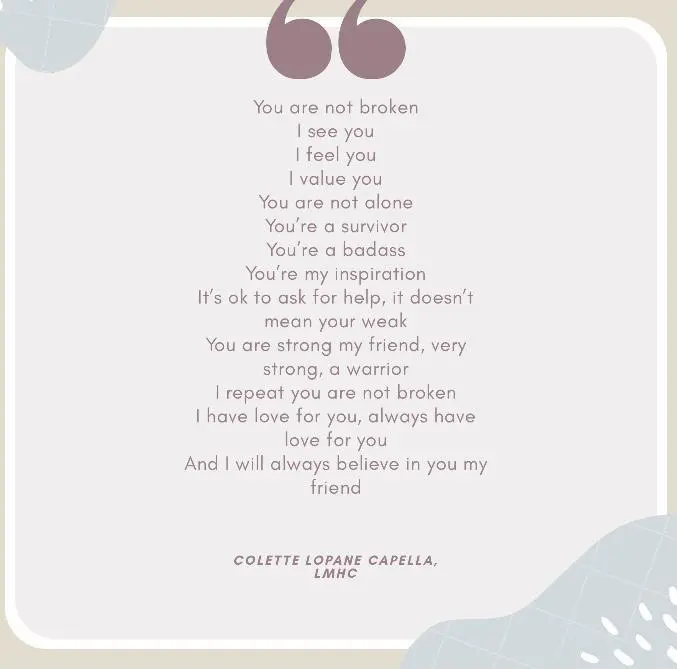Mother’s Day

What a strange day for me. Even today, I’m not 100% how I feel about it. It use to be the pain, the sadness, the ill feeling that creeped up every year when the Mother’s Day decor started coming out, the painful reminder that my beautiful mother left this physical earth way to early. Followed by the happiness and gratitude of how lucky I was to have her, even for the short period I did. Followed by my Nanny, wow my nanny. The women that stood up to take on a job that now as a mother I can’t even envision, with such strength, such grace, such compassion, even after losing her own daughter she did it all. These two women shaped me in every single form. So the mesh of those emotions was what I felt for years. Many years. Then I became a therapist and an advocate for women, for mothers, the truest forms of warriors and I felt this over whelming emotion again to honor them; to thank them, to see them, all the warrior mothers around me. Today I am one, today I’m part of that very sacred tribe and I feel gratitude, I feel true honor. I’m grateful to my work and especially my boys for making this day easier, for making it joyful, for making it special as for so many years it was the pain. Although I do feel the pain, the magic of love of my boys helps ease it some. So cheers to the multitude of emotions I feel and validate today and the immense gratitude and love I have around me. My boys in every shape and form healed me, they made me whole again and to them I’m forever grateful, they chose me and that’s the greatest honor of my life. Wishing a very special Mother’s Day to all the moms out there. And to my two very own super hero’s in heaven, thank you, truly thank you because without you two strong, powerful women, I wouldn’t be me, I wouldn’t be a mother. Thank you for the greatest gift of my life.
With a very grateful heart, a mother.



